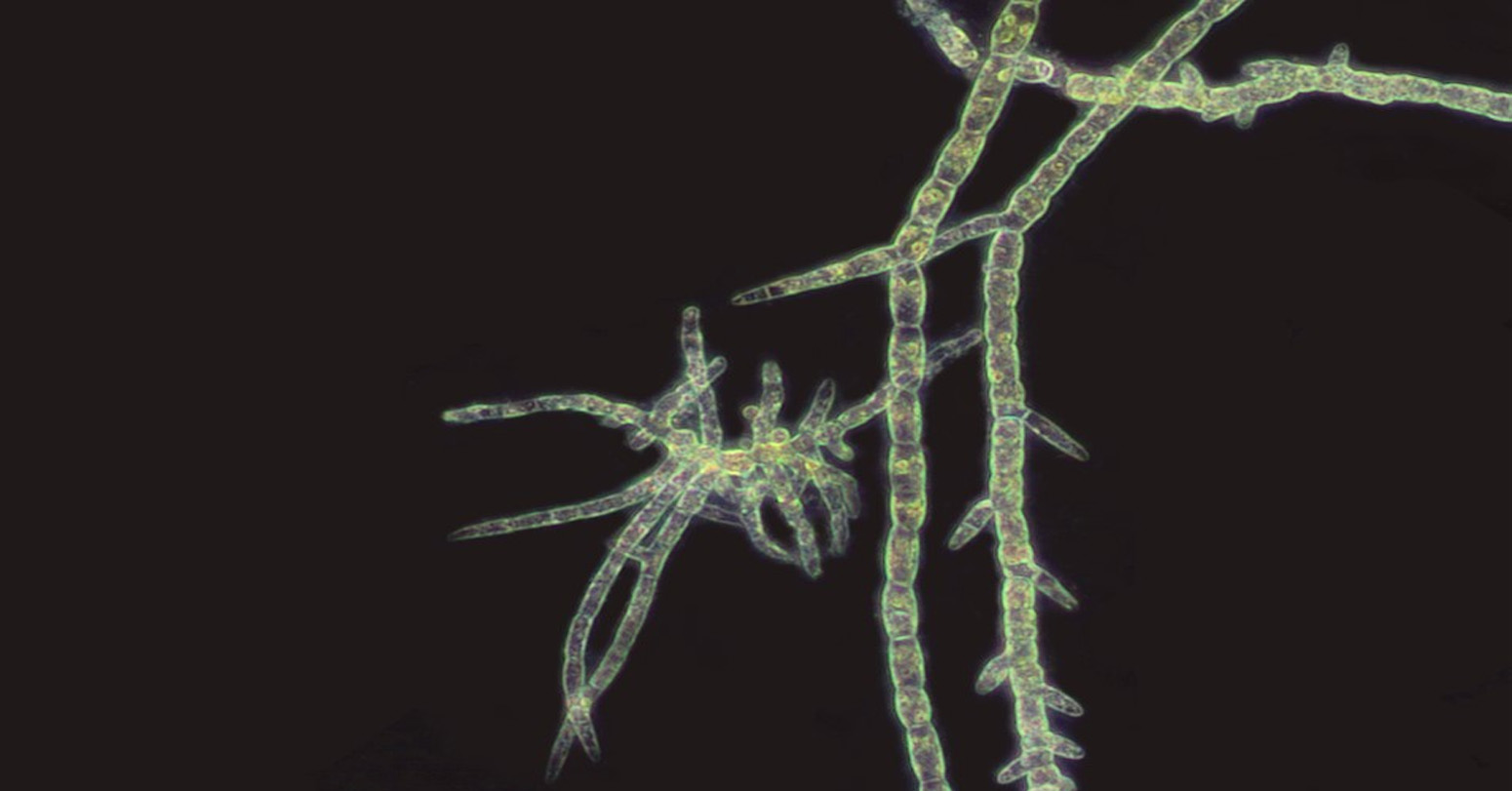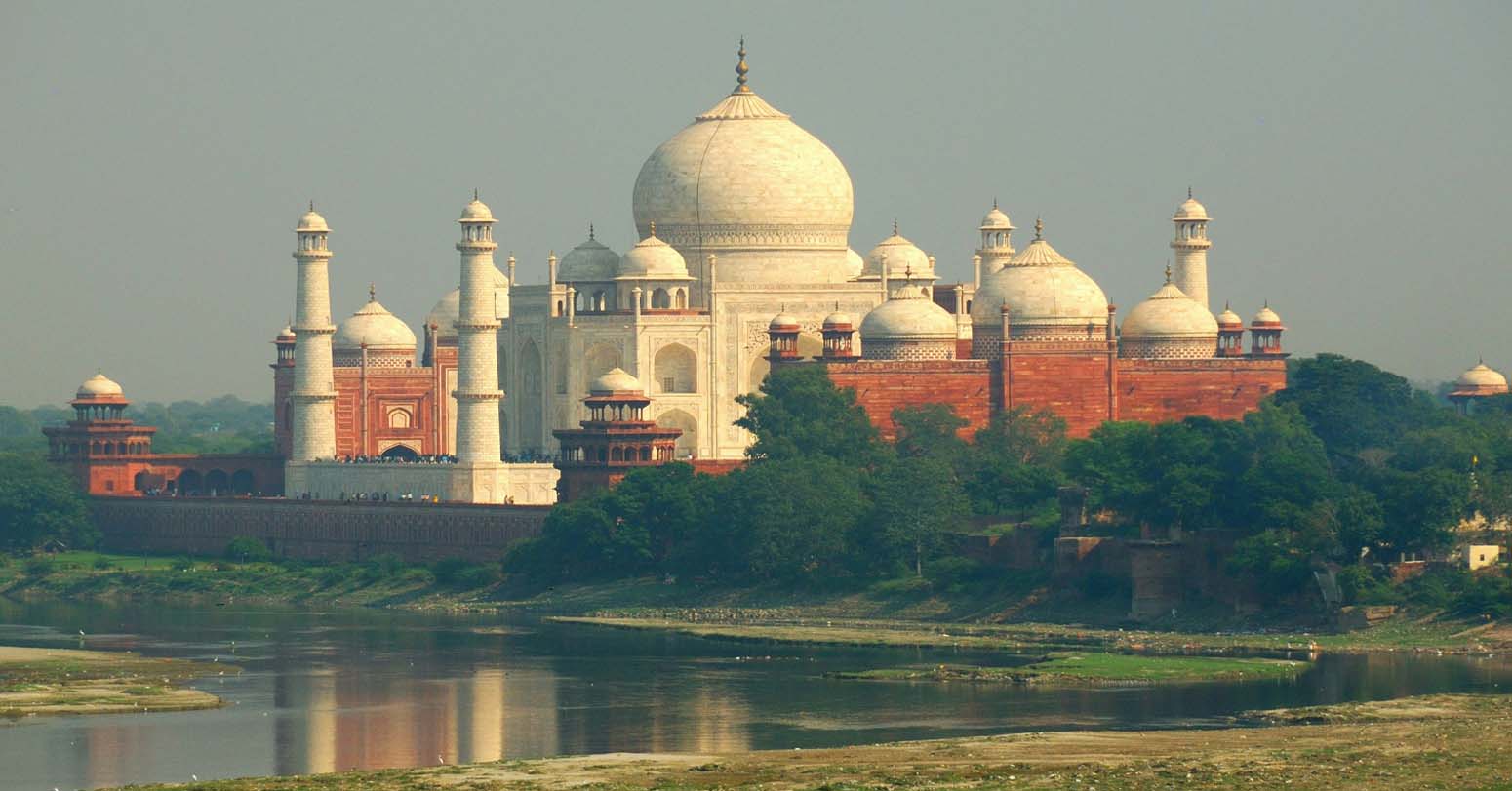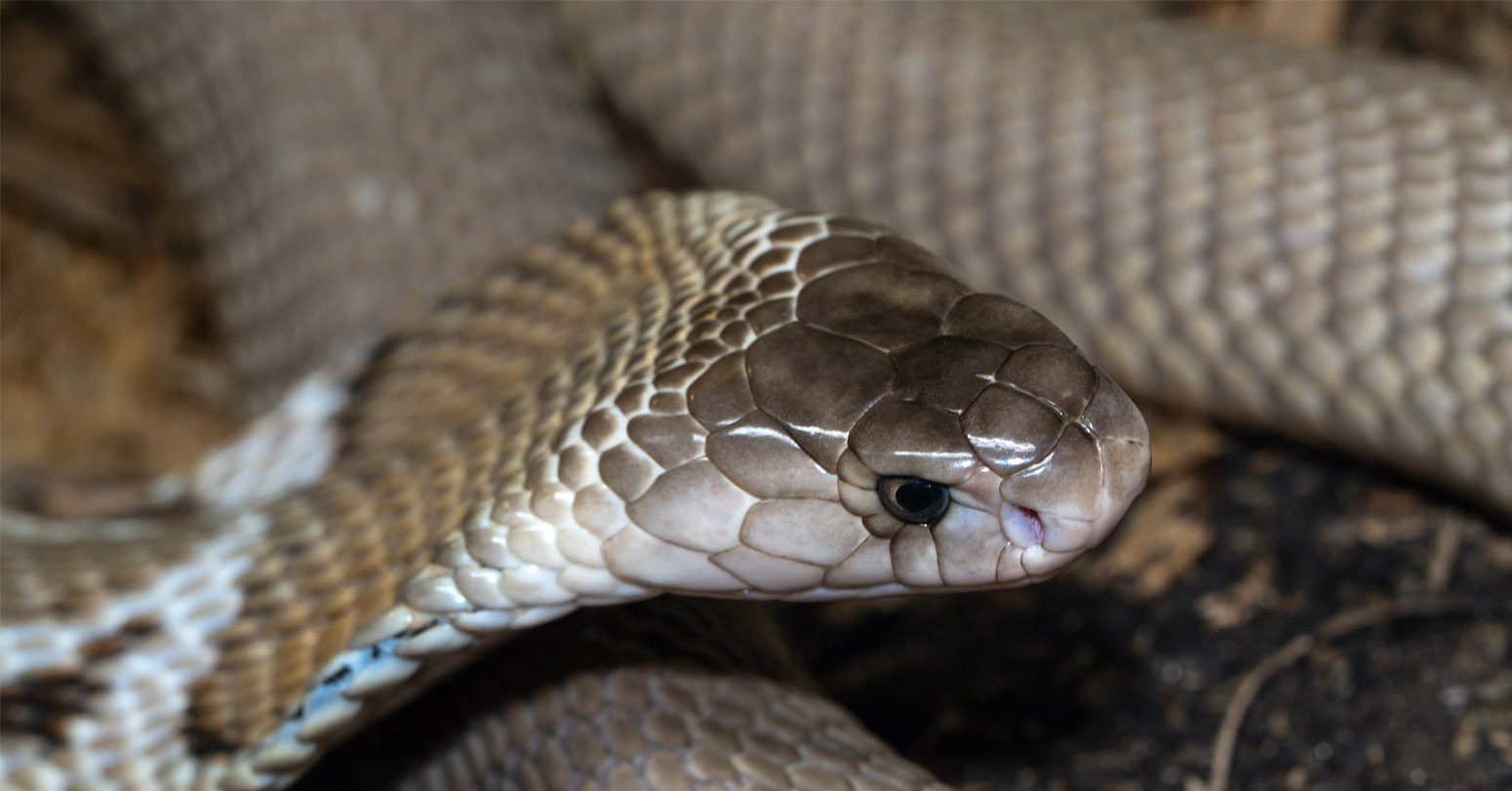Cash-strapped Sri Lanka is considering exporting up to 100,000 endangered monkeys to China, the agriculture minister said Wednesday, raising concerns among conservationists.
The toque macaque is endemic to Sri Lanka and common on the island but is classed as endangered on the International Union for Conservation of Nature (IUCN) red list.
Sri Lanka bans almost all live animal exports and the proposed sale comes as it faces its worst-ever economic crisis. No financial details were made available.
"They want the monkeys for over 1,000 zoos they have across China," Agriculture Minister Mahinda Amaraweera told AFP.
"I have appointed a committee to study the request and see how we can do this."
Monkeys are considered pests in Sri Lanka because they destroy crops and raid villages in search of food, and sometimes attack people.
Sri Lanka removed several species from a protected list this year, including all three of its monkey species as well as peacocks and wild boars, allowing farmers to kill them.
The Environmental Foundation, a Sri Lankan animal rights group, criticised the proposed sale, saying there had been no nationwide survey of the macaques for more than 40 years and a proper population study should be carried out first.
"We want to know why they want so many monkeys -- whether it is for meat, medical research or some other purpose," the foundation's Jagath Gunawardana told reporters in Colombo.
"Monkeys are not a protected species in Sri Lanka, but they are in the international red list of endangered animals," Gunawardana said.
There was no immediate comment from the IUCN.
Toque macaques are officially estimated to number between two million and three million in Sri Lanka.
Gunawardana said one reason for increased human-animal conflict, including with monkeys and elephants, was agricultural expansion shrinking wild animal habitats.
-AFP


















Middle-aged man spends millions to
Dr. Dharam Raj Upadhyay: Man
Breathing The Unbreathable Air
Comprehensive Data Protection Law Critically
Gender Differences In Mental Healthcare
Erosion of Democracy